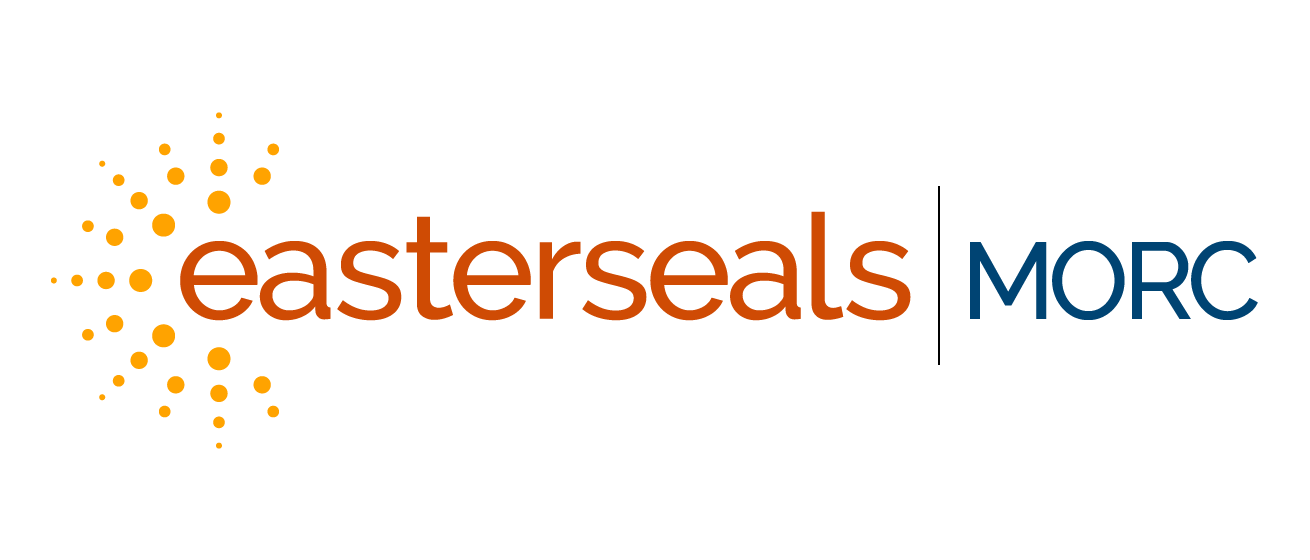Catching Hope Webinar – Part I
Thu, Nov 19th
1:30pm - 3:00pm
Description
One of the most important aspects of recovery is hope. Hope can make bad days better and good days great. Hope Givers are people who give hope to others around them (Hope Receivers). All of us can be Hope Givers and Receivers. This training helps you learn how. This training provides details about what a Hope Giver, Hoper Receiver and Hope Stealer is, personal stories to highlight what each is, promotes people giving hope and becoming Hope Givers. Helps Social Workers become Hope Givers and teaches them how to help the people they work with become Hope Receivers making dreams and goals with their new-found HOPE and how to ignore Hope Stealers personally or in their minds. Social workers will learn how to help the people they work with develop healthy relationships by learning how one attracts Hope Givers and keeps them in their lives!! This training emphasizes how if a Social Worker is a Hope Stealer it will not only break relationships with those they work with, but also destroy their hope that they can accomplish their dreams and goals. This training cites how some social workers Sherri worked with when she was a Peer Support Specialist at a mental health provider were hope stealers and this training will cite examples to bring awareness to social workers so they will never be hope stealers to the people they work with. This is a 2-part series. Attending Part 1 prior to Part 2 is recommended but not required.
Course Objectives:
- Learn how people become Hope Receivers so you can pass this skill on to the people you work with and teach them how to set goals they want to accomplish and to explore their dreams.
- Learn what a Hope Giver is and how people become Hope Givers so you can be a Hope Giver to the people you work with to empower them to accomplish their goals and dreams and feel good about themselves.
- Learn what a Hope Stealer is so you won’t become one to the people you work with and learn how to say No to Hope Stealers in your mind and how to ignore them so you can teach these skills to the people you work with.
Presenter Biography
Sherri Rushman’s remarkable recovery process has taken her from being a desperate hope grabber to being an inspiring hope-giver.
She began struggling with symptoms of mental illness in 1971, her senior year in high school. After eight years of marriage ended in divorce, Sherri along with her three sons had to rebuild their lives. She overcame the naysayers who told she couldn’t even pass a college exam. These naysayers were people who worked in the system and didn’t see possibilities. She applied and was accepted to a local university. When she was discouraged, she asked for and received encouragement from her family, friends, professors, work colleagues, professionals and church community. Not giving up on her dream, after 8 years, Sherri received her degree in Human Resources with an emphasis in Training from Oakland University in 1991. In 1996 Sherri became a Peer Support Specialist to 2003. In 1998 she obtained a Social Worker License from the State of Michigan. In 2000 she became Certified Essential Lifestyle (PCP) Trainer. In 2003 she got her dream job as an Education Specialist for Oakland Community Health Network. In 2006 she earned her Competent Toastmaster from Toastmasters International. In 2006 she became a certified peer support specialist. In 2006 she became a member of the Michigan Recovery Council. In 2010 and again in 2017 became Certified Personal Action Toward Health (PATH) Trainer. In 2013 she became Certified Oakland Regional Peer Support Specialist Certification Trainer. In 2016 she became Wayne/Oakland Regional Lead Trainer for Peer Support Specialist Certification Training. In 2019 she became certified LEAP Trainer.
Sherri is now living her dream and goal as a fulltime Recovery Education Trainer at a public mental health agency OCHN. She teaches people with disabilities and professionals about Person Centered Planning- How to achieve your goals while living with a mental illness, Crisis Planning, Advanced Directives, Being Your Own Self-Advocate, Defeating Loneliness with WRAP, Worry Less with WRAP, Tools for Connectivity, The Power of Positive Thinking, Beating Self-Stigma, and Perhaps most importantly, she shares with others How to be a “Hope Receiver”, a “Hope Giver” and to ignore “Hope Stealers.”
